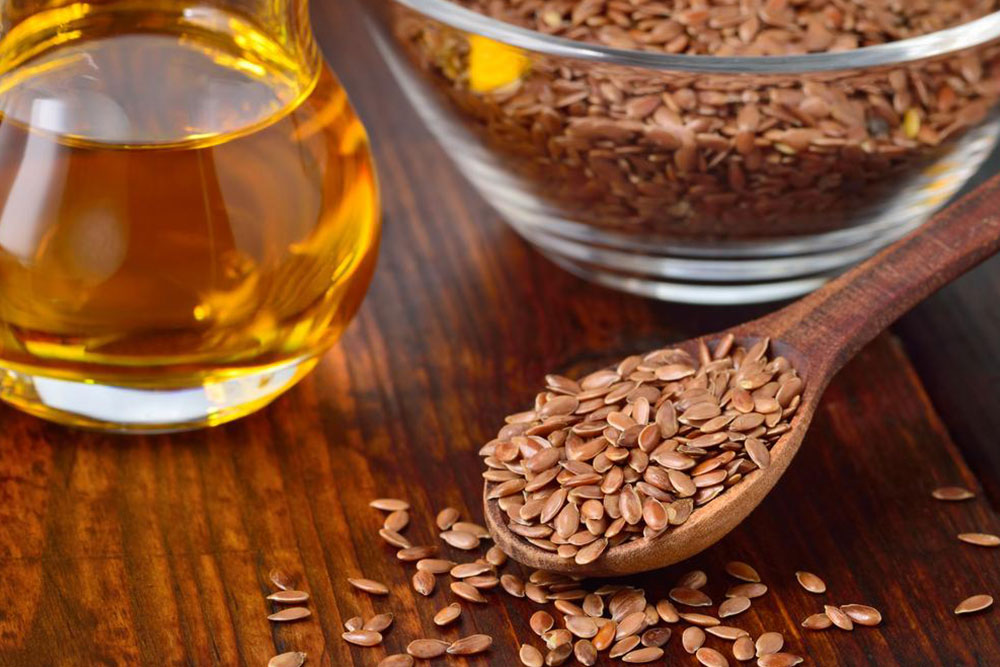Comprehensive Guide to Natural Anti-Inflammatory Nutrition Strategies
Discover effective nutritional strategies for reducing chronic inflammation naturally. This comprehensive guide covers key foods, dietary tips, and lifestyle adjustments to help manage inflammation, improve overall health, and prevent related diseases. Learn how antioxidant-rich foods, healthy fats, and mindful eating can play a pivotal role in your wellness journey with expert insights.

Key Nutritional Principles for Reducing Inflammation Naturally
Chronic inflammation has become a significant health concern worldwide, contributing to a wide array of diseases, including cardiovascular issues, autoimmune disorders, and metabolic syndromes. It manifests through symptoms such as persistent pain, swelling, redness, and a decline in overall functional capacity. Unlike acute inflammation, which is a protective response to injury or infection, chronic inflammation persists over time and can be exacerbated by lifestyle factors, poor diet, and environmental exposures. Effectively managing and reducing inflammation through nutrition involves understanding which foods to prioritize and which to limit, enabling individuals to adopt healthier lifestyle choices for long-term health benefits.
When aiming to combat inflammation, it’s essential to focus on an anti-inflammatory diet rich in specific nutrients. These nutrients include antioxidants, anti-inflammatory compounds such as omega-3 fatty acids, vital minerals, and metabolites found in plant-based foods. A well-rounded approach combines dietary modifications with lifestyle adjustments like stress reduction, regular physical activity, and mindful cooking practices, all vital to achieving optimal health outcomes. Whether you are dealing with chronic symptoms or seeking preventative measures, incorporating targeted foods into your daily intake can significantly influence inflammation levels.
Critical Food Categories and Their Role in Combating Inflammation
High-fiber foods for gut health and inflammation reduction
Dietary fiber is crucial for maintaining healthy digestion and lowering systemic inflammation. Whole grains such as oats, barley, and brown rice are excellent sources, providing not only fiber but also essential phytonutrients. Vegetables like onions, eggplant, okra, and a variety of colorful fruits including blueberries, bananas, and oranges are rich in antioxidants and fiber, which support the immune system and help neutralize free radicals responsible for inflammation.
Avoidance of trans fats and processed foods
Trans fats are industrially produced fats found in many processed snacks, baked goods, and canned foods. These fats are notorious for elevating levels of C-reactive protein (CRP) in the blood, a marker associated with inflammation and cardiovascular risk. To minimize exposure, prepare meals at home using whole, unprocessed ingredients, and choose natural fats such as olive oil or avocado instead of processed vegetable oils containing trans fats.
Reducing added sugars and artificial sweeteners
Excessive intake of sugars, particularly high fructose corn syrup, has been linked to increased insulin resistance and systemic inflammation. These sugars are common in sodas, candies, baked goods, and many processed foods. Limit consumption of sugary beverages and desserts, and opt for naturally sweetened or unsweetened alternatives to manage blood sugar levels and decrease inflammatory markers.
Emphasizing antioxidant-rich vegetables and herbs
Allium vegetables such as garlic, scallions, onions, and leeks contain sulfur compounds and antioxidants that bolster immune function and reduce inflammation. Cruciferous vegetables like broccoli, cabbage, cauliflower, and Brussels sprouts are particularly potent due to their high content of vitamins, minerals, and phytochemicals like sulforaphane, which plays a role in fighting oxidative stress and inflammation.
Managing caloric intake and saturated fat consumption
Maintaining a balanced calorie intake helps prevent obesity, a major risk factor for chronic inflammation. Limiting red and processed meat intake reduces saturated fats that contribute to inflammatory processes. Choose lean protein sources and incorporate plant-based options when possible to support weight management and reduce inflammation-related health risks.
Utilizing healthy fats such as extra virgin olive oil
Extra virgin olive oil contains monounsaturated fats and bioactive compounds like oleocanthal, known for their anti-inflammatory effects. Replacing processed vegetable oils with olive oil in cooking can help lower inflammation and improve cardiovascular health.
Incorporating omega-3 fatty acids from natural sources
Fatty fish such as salmon, mackerel, sardines, and trout are rich sources of eicosapentaenoic acid (EPA) and docosahexaenoic acid (DHA), potent anti-inflammatory agents. Plant-based sources include flaxseeds, walnuts, chia seeds, and beans, which provide alpha-linolenic acid (ALA), a precursor to EPA and DHA. Regular consumption of these foods supports reduction in inflammatory markers and promotes overall well-being.
Natural anti-inflammatory herbs like ginger and turmeric
Ginger contains bioactive compounds such as gingerol, which have been shown to reduce inflammatory responses and support immune health. Turmeric, notably its compound curcumin, offers powerful anti-inflammatory properties and has been widely utilized in traditional medicine to manage chronic inflammation and related conditions.
Beyond dietary choices, lifestyle factors like adopting gentle cooking methods—such as steaming, sautéing, or baking—can preserve nutrient integrity and prevent adding excess fats or sodium. Managing stress through mindfulness, yoga, or meditation, along with adequate sleep, also plays a vital role in reducing inflammation. For personalized nutrition advice, consulting healthcare professionals such as dietitians or integrative medicine specialists is advisable to tailor strategies suited to individual health needs.





